
What is cystic fibrosis?
Cystic fibrosis sufferers cope with an abnormal gene. This gene caused the body to create a steady flow of thick mucus, especially centered around the lungs. This can make breathing very difficult for patients, and can also negatively impact their whole digestive system. The mucus that results from the abnormal gene often leads to all kinds of infections as well. These can be managed medically but for now, there is no cure at all for cystic fibrosis.
How does testing work?
Because cystic fibrosis patients have to receive one gene from each parent in order to get the disease, it is possible to predict which parents are likely to have children with cystic fibrosis. If you and your partner happen to both be carriers of the genes that can lead to cystic fibrosis, it is best to find out about that as early as possible while you are still trying to conceive, or in the early stages of pregnancy. Testing to determine whether you and your partner are carriers of cystic fibrosis is not invasive. A simple blood or saliva sample will enable the lab to find out if you carry the gene for cystic fibrosis.
If it turns out that only one partner has the gene, your children cannot inherit cystic fibrosis. If both partners carry the gene, there is a one in four chance that any children born to that couple will have cystic fibrosis. Because being a mere carrier of the cystic fibrosis gene is completely symptomless, one could argue that everyone benefits from the screening. For more information about prenatal testing in general, you can turn to our articles prenatal testing pros and cons, and prenatal testing for Down Syndrome.


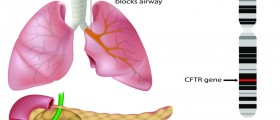


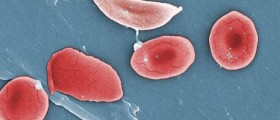



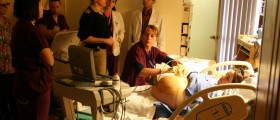



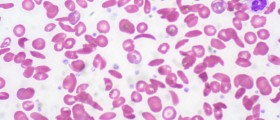
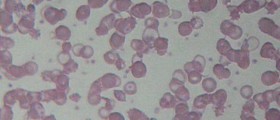
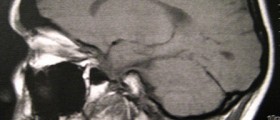

Your thoughts on this
Loading...